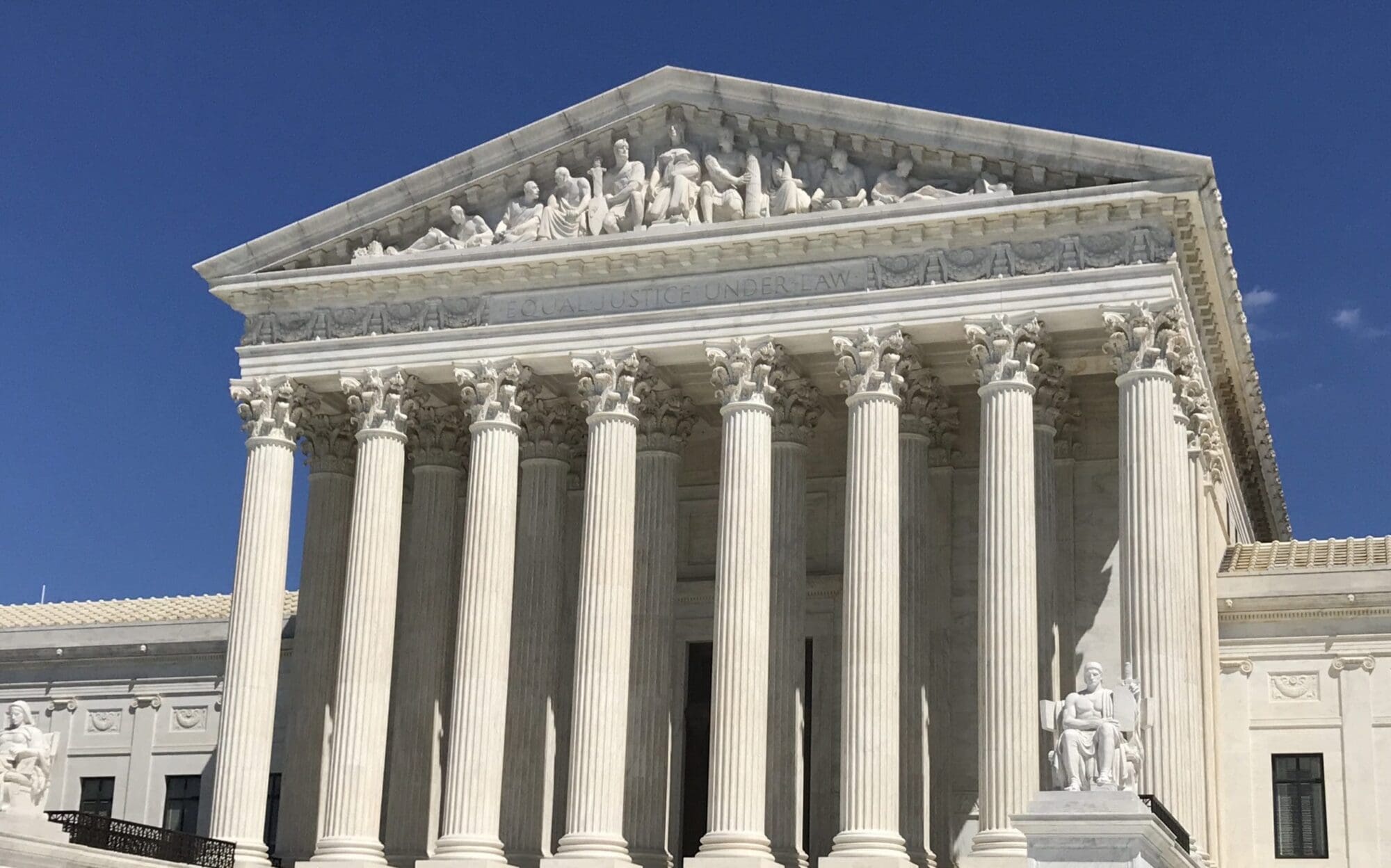As Texas implements a new state law designed to protect children from sexually explicit content in school libraries, parents are continuing to fight with local officials to remove age-inappropriate books from schools and public libraries.
The state is also fighting in court to protect the new law, House Bill 900, from a legal challenge brought by vendors who profit from selling smut to schools.
HB 900, known as the READER (Restricting Explicit and Adult Designated Educational Resources) Act, was passed during this year’s regular legislative session in response to months of complaints from parents about age-inappropriate and sexually graphic books that school officials refused to remove from campus libraries.
The READER Act mandated new “collection development” standards prohibiting school libraries from obtaining or possessing materials that are sexually explicit, harmful, pervasively vulgar, or educationally unsuitable.
The new standards were adopted on December 14 and apply to materials in all Texas public school libraries, classroom libraries, and online catalogs.
A portion of the law requiring book vendors to rate materials sold to school libraries based on sexual content is being challenged in court by a group of vendors and publishers. The U.S. Fifth Circuit Court of Appeals is currently considering whether the state can implement the vendor regulations while litigation continues.
Anticipating the new law’s implementation, some school officials began responding to pressure from parents to remove explicit content.
In November, Plano Independent School District administrators agreed to remove dozens of library books challenged by parents as too sexually explicit for students.
McKinney ISD officials also removed 73 challenged titles from campus libraries.
Parents in both districts applauded officials’ actions but say inappropriate books remain in their schools.
Officials in other school districts are waiting to see the outcome of the pending litigation before they begin removing graphic sexual content from students’ libraries. Many districts rely on a lengthy “reconsideration” process, often stacked with school officials, to keep inappropriate content on library shelves.
Whatever the outcome of litigation against HB 900, the law does not apply to public libraries.
Moms in Montgomery County won a fight to have adult content moved from the children’s section of their local public libraries, but they’ve had to continually verify whether library officials are complying with the county’s directives.
County officials in Llano were sued for removing explicit books from the children’s section of their library last year. A pro-LGBT federal judge ordered the books returned to county library shelves. The Fifth Circuit is now considering an appeal.
Parents say more work remains to protect Texas children from exposure to age-inappropriate and sexually explicit content being promoted by government institutions at taxpayer expense.
Mom Christin Bentley, who heads the Texas GOP’s subcommittee to Stop Sexualizing Texas Kids and advocated for HB 900, summed it up: “There isn’t anything more important than protecting our children.”





